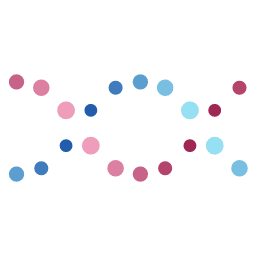Store
other
other
- Full Breed Profile Test Kit Product - Feline
- Gut Microbiome Analysis
- Single Product - Canine
- Single Product - Feline
- Full Breed Profile Multi-Pack - Canine
- Full Breed Profile Multi-Pack - Feline
- Single Test Multi-Pack - Canine
- Single Test Multi-Pack - Feline
- DNA Profile Multi-Pack - Canine
- DNA Profile Multi-Pack - Feline
- Full Breed Profile Test Kit Product - Canine
- Disease Test Kit Product - Canine
- Disease Test Kit Product - Feline
- Trait Test Kit Product - Canine
- Trait Test Kit Product - Feline
- DNA Profile Test Kit Product - Canine
- DNA Profile Test Kit Product - Feline
- Custom Profile - Canine
- Custom Profile -Feline
- Retest
- Puppies Gifts
- Natural Health
- PetPace Health Monitor
Already have an Orivet Account? Enter your information here
PLEASE SELECT YOUR COUNTRY

















